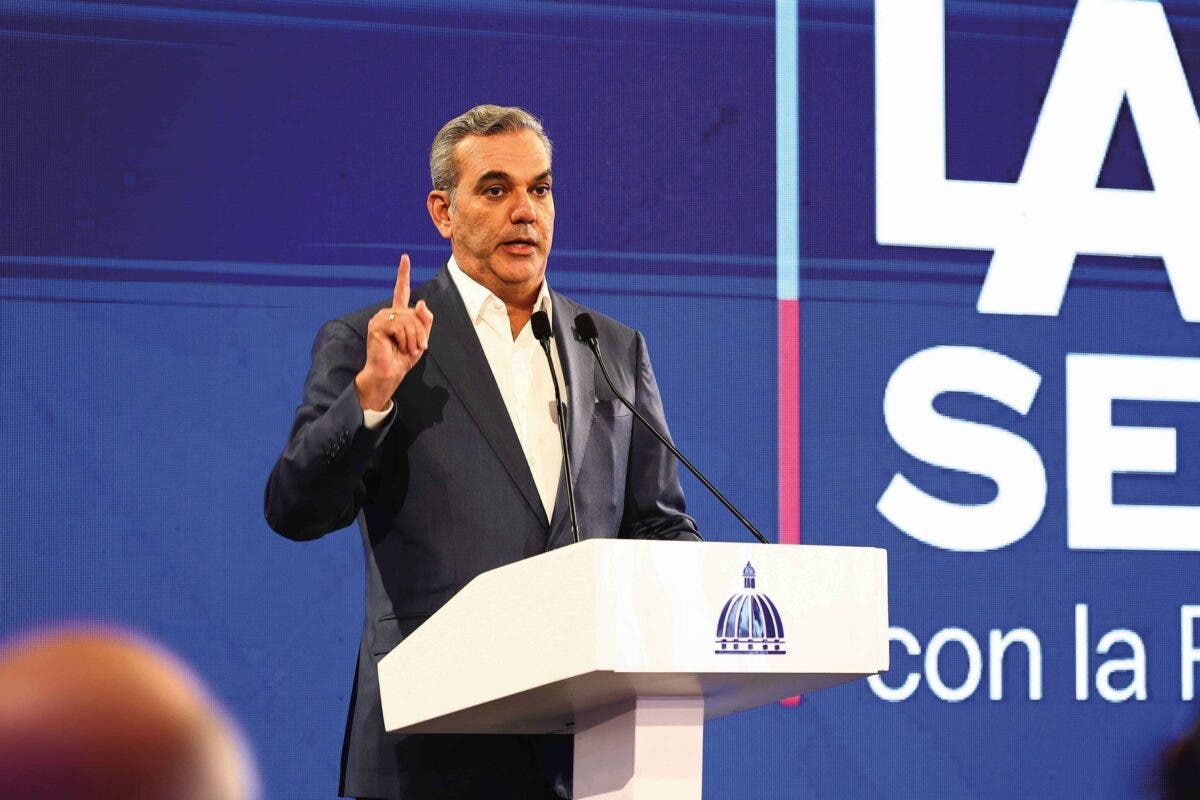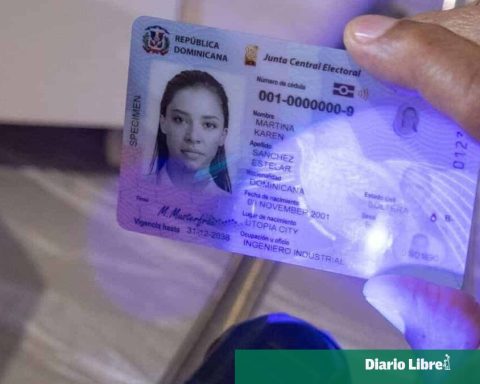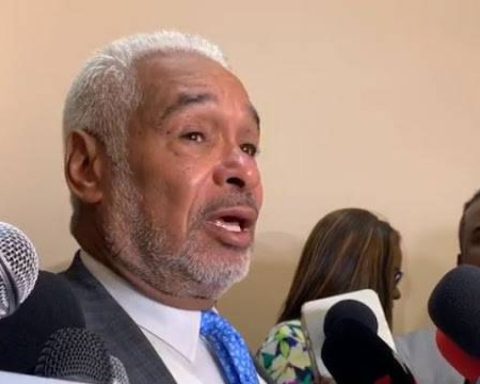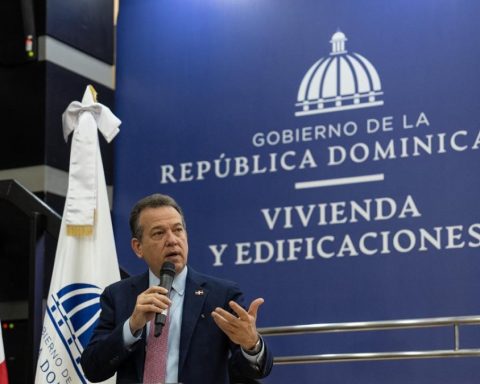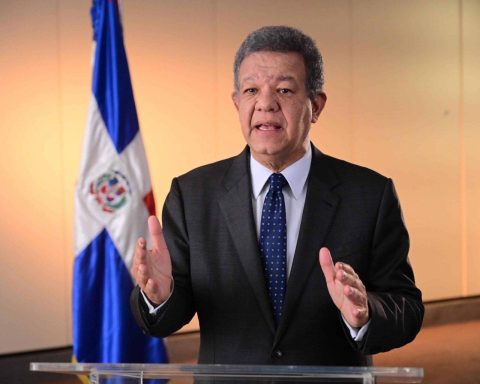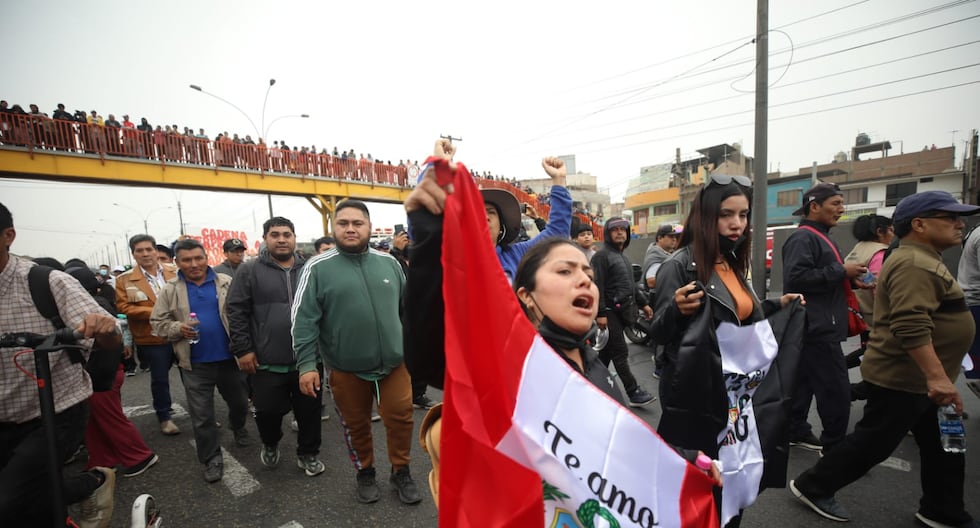Santo Domingo.- EThe president of the Dominican Republic, Luis Abinader, announced this Saturday the “immediate” withdrawal of the bicameral National Congress of a questioned tax reform project with which it sought to raise funds to reduce public debt, combat tax evasion and avoidance, eliminate exemptions and increase the minimum wage in the public sector. among other matters.
In a speech to the nation, Abinader, who last August assumed a second and final term of government, justified the proposal sent last week to legislators, convinced, he stated, “of the need for a structural change that would reduce dependence on debt. external and will increase our ability to finance solutions to your security, drinking water, electricity, health and transportation problems, and to eliminate distortions and privileges.
But after listening to the “concerns, reservations and concerns” of the various sectors and understanding that the proposed Fiscal Modernization Law “does not have the necessary consensus to be approved,” it has decided to “request the immediate withdrawal of the project” from the agenda. of the National Congress, he explained.
This will imply, “adjusting the scope of the development plans that we had proposed and building acceptable alternatives to achieve the Dominican Republic that we want,” said the president.
The Dominican Republic, with an average annual growth rate of approximately 5% for decades and which, according to the Economic Commission for Latin America and the Caribbean (ECLAC), will lead the region’s growth in 2024 with 5.2%. A tax reform has been pending for years, a promise of Abinader’s campaign for the 2020 elections.
We recommend: Bishops call on the government to promote dialogue and analyze the effects of the tax reform
In fact, just two months after assuming power for the first time and in the midst of the Covid-19 pandemic, Abinader presented a plan with new taxes to face the crisis, but ended up withdrawing it due to criticism.
Representatives of the private sector understand that the reform is necessary but not in the terms proposed by the Government, while international organizations, including the International Monetary Fund (IMF), insist that it cannot be postponed and that it can help the Dominican Republic to attract more investment.
The current initiative included adjustments in the incentives of sectors such as tourism – the country’s largest source of foreign currency – cinema, industry, the textile chain and patronage law trusts, as well as an increase in the collection of taxes on people who earn more than 2.4 million pesos a year (about $40,000).
Likewise, it doubled the single annual payment of the right to circulate vehicles, eliminated the 15% advance paid by micro and small companies, and raised the payment of this tax to 40% for medium-sized companies and 60% for large companies. .
In his speech this Saturday, Abinader said that “it will not be easy” to solve each of the country’s problems “if we continue to be one of the countries with the lowest tax collection and with one of the lowest public expenditures in Latin America.” while ensuring that he fulfilled the “responsibility” of presenting “for the first time in our history” a proposal that sets “a medium-term debt objective and a ceiling on government spending.”
